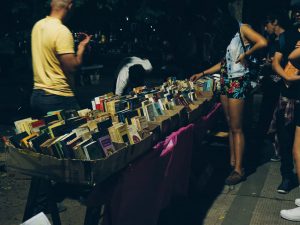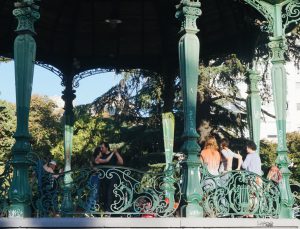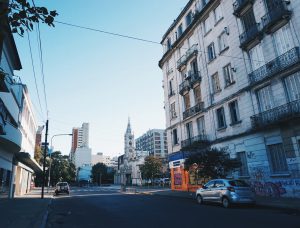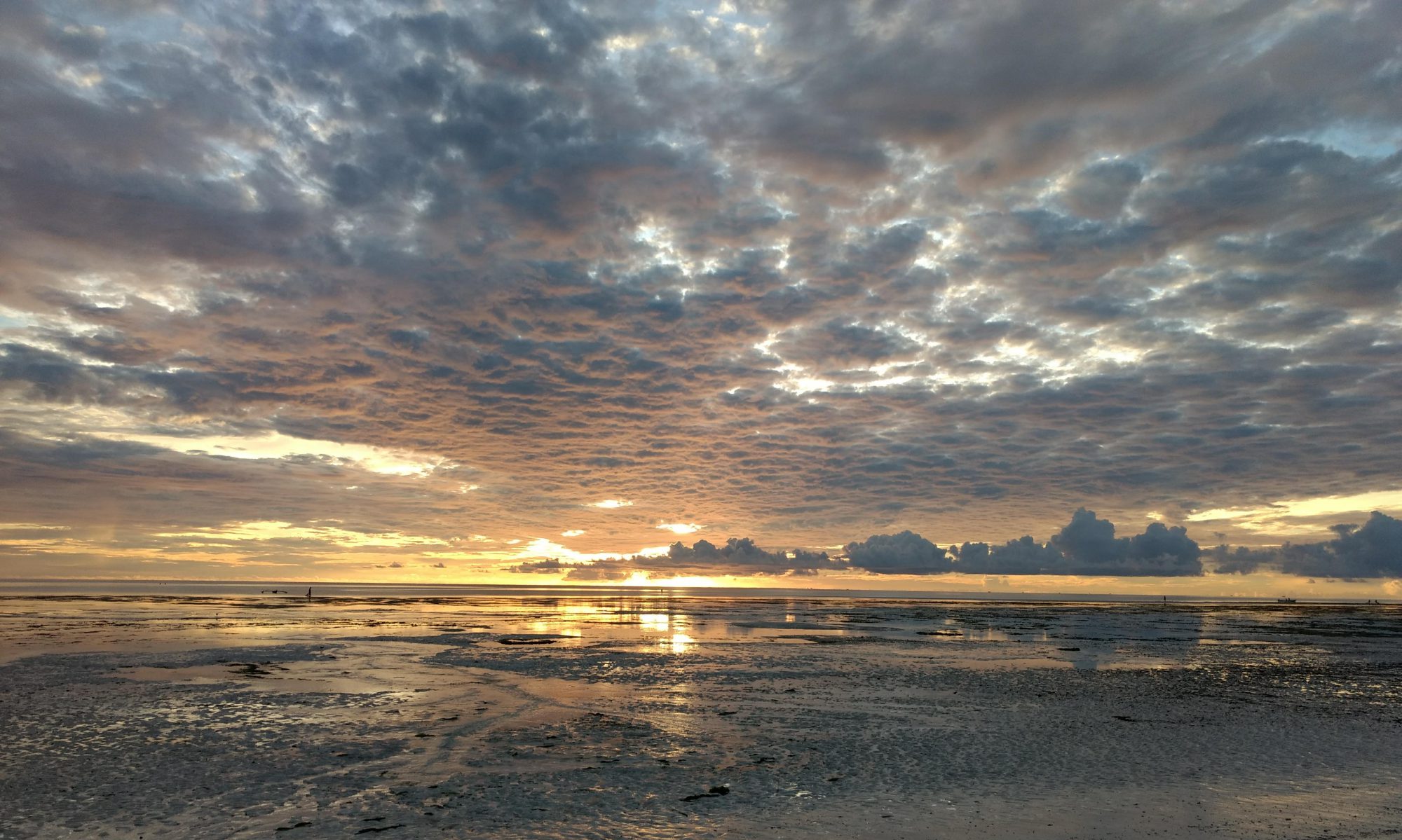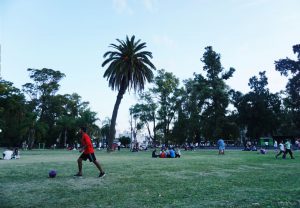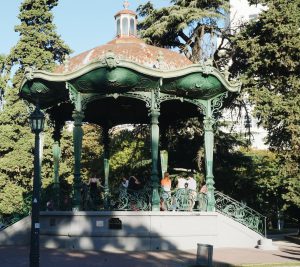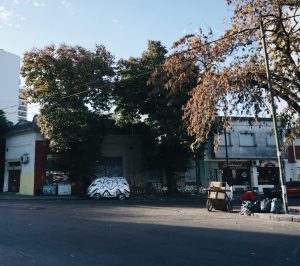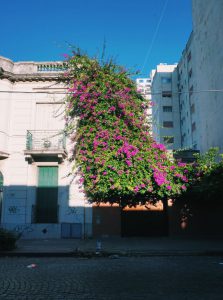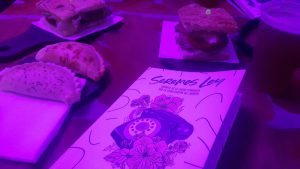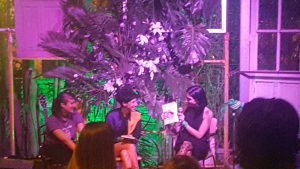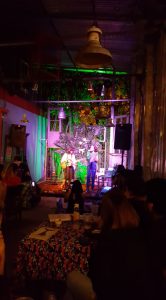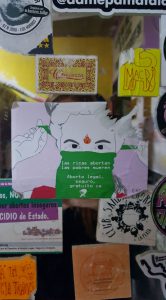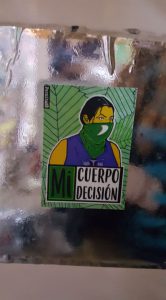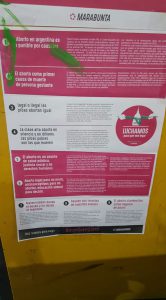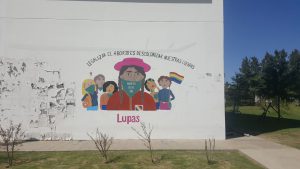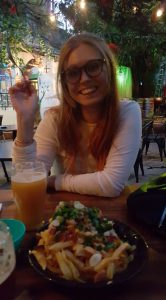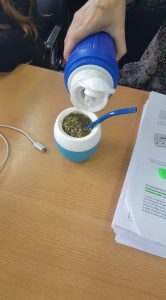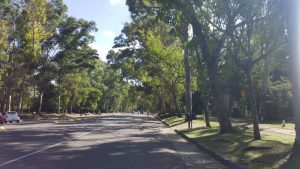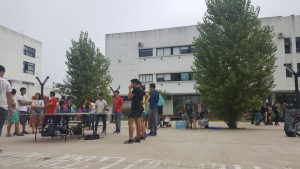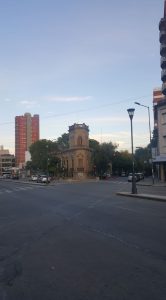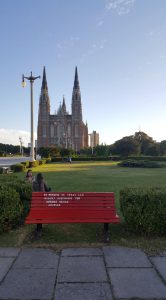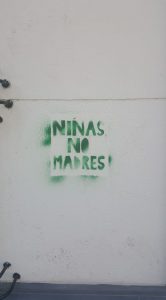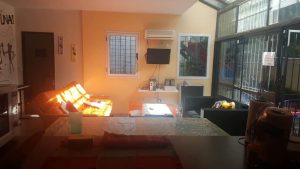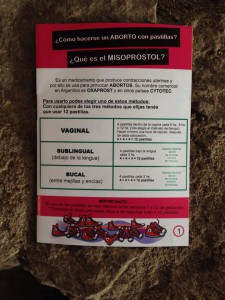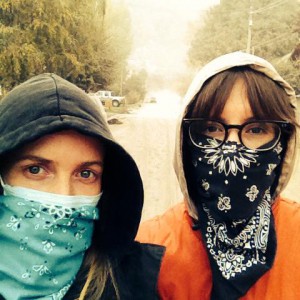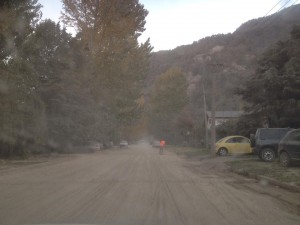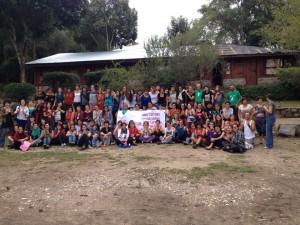Hola Amigxs!
Since I last updated I finally started to conduct interviews with women involved in the struggle for legalizing abortion in Argentina. So far I have conducted 6 interviews with different women, in different ages, education, and occupation. It’s been an exiting process but also quite nerve-wracking because of the fact that it is the first time I conduct interviews. It have also been questioning my position of doing field research and how the women I interview would react to my questions, these thoughts have also added to my nervosity. But all the women I have interviewed have been so kind, helpful and willing to answer all my questions, they have also found it very interesting that I am focusing on this struggle and in their situation in Argentina, and that I am doing this research.
Sometimes the language has been a bit of a struggle during the interviews especially when it comes to asking follow-up questions. Sometimes they speak so fast and passionately about their experiences or their struggle that it becomes a bit difficult to formulate the additional questions I would like to in order to make the interview as open and as less structured as possible. But I guess it’s also a matter of practices of conducting interviews.
During the easter holidays I felt a bit far from home, especially when seeing fotos on social media of friends and family gathering and celebrating. But I tried to keep myself bussy with studying and to meet some friends here in La Plata. During holidays the city always becomes a bit of a ghost town because a lot of people return to their home towns or leave the city for the country side. So it was quite relaxing walking and biking around in La Plata not being scared of getting hit by a car when crossing the street.
